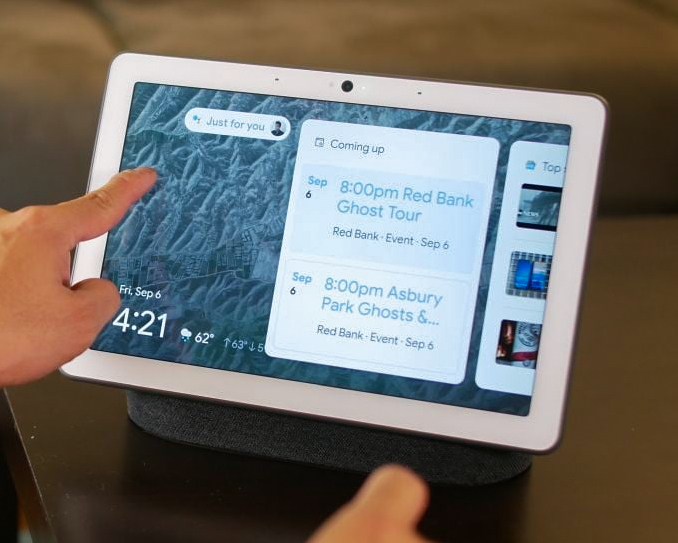
Cybersecurity is an increasing concern as more of the world becomes connected through various devices. In the past, cybersecurity meant keeping your passwords and usernames secure online, but now it has suffused every aspect of day-to-day life with the advent of smart devices and the Internet of Things. The FBI issued a warning to anyone using a smart home device: “Hackers can use that innocent device to do a virtual drive-by of your digital life.” The last thing you need is someone accessing your bank account through your Amazon Echo.
The FBI warns that your devices might not be as secure as you think they are and advises that users take a few steps to tighten up security in their home. The first is to change your devices’ default username and password. Because the default login credentials are readily found online, it makes it easy for someone to access your device.
You should also use a long and unique password for each device, according to the FBI. They also advise taking a look at what permissions the various mobile apps have requested and revoking access to any that do not make sense. The FBI says that keeping devices up to date through automatic updates and checks for firmware updates is equally important.
Finally, your smart home devices should be on a separate network than your mobile device and laptop. Anything with sensitive, personal information should be separated from IoT devices due to the relative ease with which these devices can be hacked. Most modern routers broadcast on two different bands (usually 2.4 GHz and 5 GHz), so keep your laptop and mobile devices on the 5 GHz band and any connected devices on the 2.4 GHz band.
None of the advice given by the FBI is new. Cybersecurity advocates have said the same things for years, but many people disregard the advice and think no one would target them. Regardless of whether someone makes a tempting mark for a hacker or not, cybersecurity is more important than ever before. Even the FBI agrees. And while these steps might be old advice, they are still some of the easiest ways to strengthen a home’s network security.



